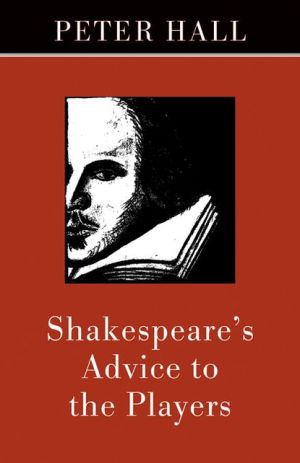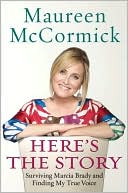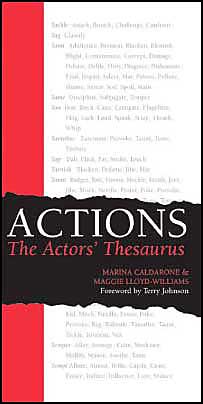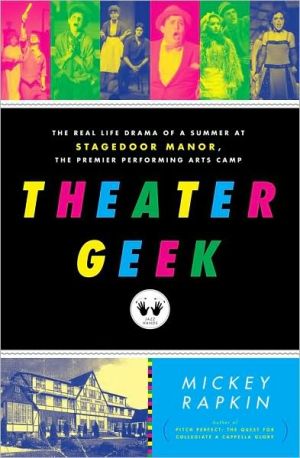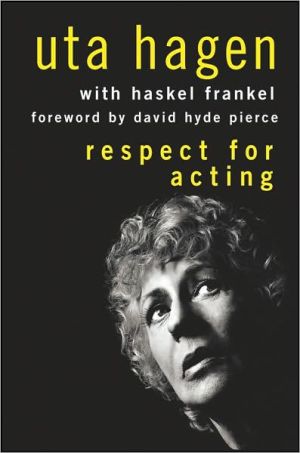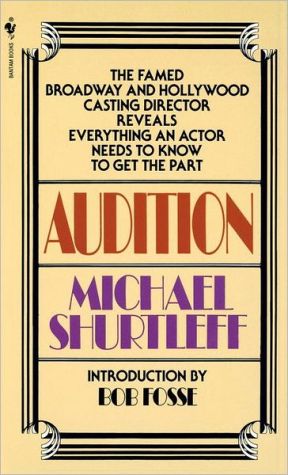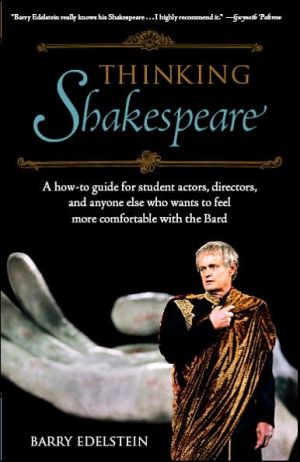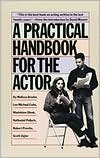Shakespeare's Advice to the Players
Shakespeare’s text is packed with clues that help the reader to hear and the performer to act any speech. He also tells the actor when to go fast and when to go slow and when to accent a particular word.\ This book sets out to make going to Shakespeare performances or acting in them a richer experience, and it should have a wide appeal to both actors and audiences.\ It also celebrates Sir Peter Hall’s fifty years as a director of Shakespeare; from his early days at Cambridge, through founding...
Search in google:
A major new look at the art and process of Shakespeare for actors. Library Journal A sign once seen in a black box experimental theater space says it all: "Life is easy; Shakespeare is hard." Any actor, acting student, or director given the challenge of approaching a Shakespearean role, monolog, or play is acutely aware of the truth of that seemingly flippant statement. Hall, the great sultan of Shakespeare for the past 50 years, helps actors approach and understand the unique language and performance demands of the Bard's plays. Founder of the Royal Shakespeare Company and former director of the Royal National Theatre, Hall has written nothing short of a magnum opus. Assembled here are the techniques, insights, and wisdom accrued through his decades of work on hundreds of landmark productions with the leading actors of several generations, so that they may be passed on as part of a "living tradition." Arranged in three parts, the text focuses on the technical structure of Shakespeare's language, covering such areas as blank verse, scansion, line structure, prose, and rhetorical devices. Part 2 includes a detailed and wonderfully revelatory analysis of 20 significant speeches. Hall concludes with a memoirlike section titled "On a Personal Note" in which he reminiscences about his career, actors, and productions. There will be no finer book on Shakespeare this year; for all theater arts collections. Homan leads an attractive dual life as an English professor (Univ. of Florida) and a professional director/sometime actor. In his preface, he relates a seminal personal experience in which an esteemed retiring Shakespearean scholar (whom he was to replace in his first full-time, postgraduate position) told him he had never seen, and never would see, a Shakespearean production. Homan crystallizes his concern with the gap between the classroom and the stage in detailed chapters dealing with, among other things, conceptual ideas for The Comedy of Errors, how to approach King Lear onstage, working with actors in various productions, the process of cutting lines from Shakespeare, and the intersection of design and concept for Julius Caesar. Homan adroitly walks the scholar-practitioner tightrope; his text reflects the detailed and insightful analysis of a scholar while remaining accessible to a wider audience of performers and directors. Recommended for strong theater arts collections.-Barry X. Miller, Austin P.L., TX Copyright 2004 Reed Business Information.
\ Library JournalA sign once seen in a black box experimental theater space says it all: "Life is easy; Shakespeare is hard." Any actor, acting student, or director given the challenge of approaching a Shakespearean role, monolog, or play is acutely aware of the truth of that seemingly flippant statement. Hall, the great sultan of Shakespeare for the past 50 years, helps actors approach and understand the unique language and performance demands of the Bard's plays. Founder of the Royal Shakespeare Company and former director of the Royal National Theatre, Hall has written nothing short of a magnum opus. Assembled here are the techniques, insights, and wisdom accrued through his decades of work on hundreds of landmark productions with the leading actors of several generations, so that they may be passed on as part of a "living tradition." Arranged in three parts, the text focuses on the technical structure of Shakespeare's language, covering such areas as blank verse, scansion, line structure, prose, and rhetorical devices. Part 2 includes a detailed and wonderfully revelatory analysis of 20 significant speeches. Hall concludes with a memoirlike section titled "On a Personal Note" in which he reminiscences about his career, actors, and productions. There will be no finer book on Shakespeare this year; for all theater arts collections. Homan leads an attractive dual life as an English professor (Univ. of Florida) and a professional director/sometime actor. In his preface, he relates a seminal personal experience in which an esteemed retiring Shakespearean scholar (whom he was to replace in his first full-time, postgraduate position) told him he had never seen, and never would see, a Shakespearean production. Homan crystallizes his concern with the gap between the classroom and the stage in detailed chapters dealing with, among other things, conceptual ideas for The Comedy of Errors, how to approach King Lear onstage, working with actors in various productions, the process of cutting lines from Shakespeare, and the intersection of design and concept for Julius Caesar. Homan adroitly walks the scholar-practitioner tightrope; his text reflects the detailed and insightful analysis of a scholar while remaining accessible to a wider audience of performers and directors. Recommended for strong theater arts collections.-Barry X. Miller, Austin P.L., TX Copyright 2004 Reed Business Information.\ \
